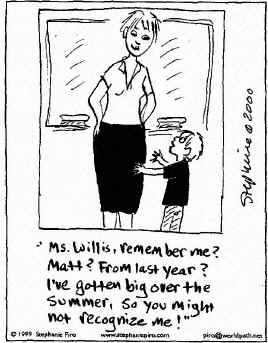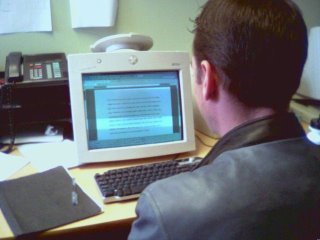
Just for the record, I'm not a big fan of using games in the classroom.
I've acquired a reputation as a fairly serious instructor over the course of my career. I only rarely ever even use the word "game" for fear that students will complain that they are wasting their time playing instead of learning. Students don't always recognize that playing is one way of learning. ("Activity" is my code word for when I do break away from the norm and let my students have some fun.)
In the rare instance when I do pull out a boardgame for use in the classroom, it's usually Monopoly.
I use the game to reinforce three kinds of target language for ESL learners:
1. Numbers and money skills
2. Idioms related to business and money transactions.
3. Negotiating language (for higher level and/or Business English students).
A few points to remember before using Monopoly in the classroom:
1. Keep your instructions simple. Explain the premise of the game - "The one with the most stuff at the end of the game wins." Don't get into too many little details with the rules. Just explain how they can make money from rent and that they will lose the game very quickly if they fail to obtain the color-coded matches for their properties.
2. Give the students their cash and randomly-distributed properties right at the beginning, before you explain the rules. They will understand more easily with visual aids (and are usually put into a better mood with $1,500 cold Monopoly cash in hand).
3. Give the students five minutes to negotiate in a free-for-all, trading or selling properties until each player or pair of players has at least one complete set. Remind them that even with a complete set, they will never win the game if they don't put houses on their properties.
4. Roll the dice and get going. Students usually learn quicker by playing than if someone explains.
A complete game can usually be finished in less than forty minutes if this method is used. This leaves time for any preliminary vocabulary lesson before the game or review afterwards.
Remember, don't try to teach the students strategy. Some will pick it up instantly - and the others, well... in Monopoly, as in life there are winners and there are losers.
The point is to have fun in a fast-paced activity that will hopefully reinforce a lesson. Enjoy!
tags:
Monopoly,
board game,
learn by playing,
games in the classroom,
fun activity








